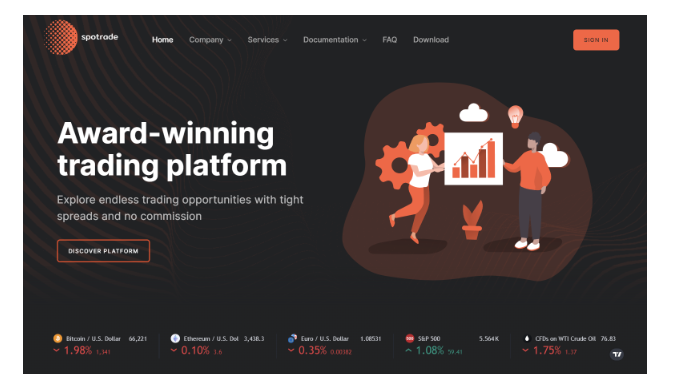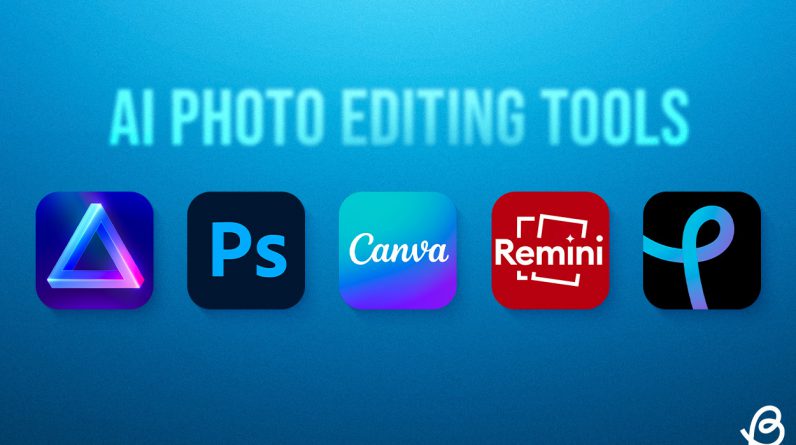Summary: Meta is set to refine its approach to handling AI-generated content, prompted by the spread of a deceptively altered video featuring US President Joe Biden. The company’s Vice President of Content Policy, Monika Bickert, acknowledged the need for policy evolution in light of advanced AI manipulations, planning to include “Made with AI” labels on such content. Meta will implement this change by May 2024, highlighting the ongoing challenge of distinguishing between legitimate and manipulated digital media.
Earlier in February, a manipulated clip purporting to show US President Joe Biden engaging in inappropriate behavior with his granddaughter sparked concern about the rapid evolution of artificial intelligence in creating fake content. In response to this, Meta revealed plans to overhaul its policies and introduce clear labeling for AI-generated videos, audio recordings, and images. The company aims to combat potential misinformation and clarify when content has been digitally created or altered.
Meta’s recognition of the sophistication of modern AI-generated material has led to the decision to start marking such content with “Made with AI” labels from May 2024. This initiative is to ensure users are aware of the nature of the media they encounter on the platform. The removal of manipulated media based solely on its current policy will cease in July, to allow for a transitional period for users to adjust to the new self-disclosure process.
The introduction of these labels will not be restricted to just videos with deceptive edits but will extend to a wide array of digital content. Especially significant is Meta’s commitment to deploy more conspicuous labels on content that poses a high risk of misleading the public on matters of importance. This measure is an attempt to provide additional transparency and context in an increasingly complex digital landscape.
Overview of the AI-Generated Content Industry
The industry revolving around AI-generated content, which includes deepfakes, synthetic media, and other forms of manipulated content, is growing rapidly as the technology becomes more sophisticated and accessible. The advancements in AI have made it possible to create highly realistic images, audio, and videos that are often indistinguishable from authentic content. Companies across various sectors are harnessing this technology for creative applications, marketing, entertainment, and more. However, these developments also present significant challenges regarding authenticity, misinformation, and trust in digital media.
Market Forecasts
Predictions for the AI-generated content market are bullish, with significant growth expected in the next few years. As AI models become more capable and user-friendly, the use of AI content generation is anticipated to expand in the fields of virtual reality, gaming, advertising, and even news generation. The demand for AI tools that can create realistic images, voices, and videos will likely increase as businesses seek to lower costs and enhance personalization for better consumer engagement.
Issues Affecting the Industry
While the potential of AI-generated content is vast, it also raises crucial ethical and societal concerns. The ease with which misinformation can be spread using deepfakes and other AI-manipulated media creates significant risks, particularly in the areas of politics, security, and personal reputations. These challenges underscore the importance of developing comprehensive policies and technological solutions to prevent and mitigate the misuse of AI in the creation of deceptive content.
The responsibility for addressing these issues falls not only on companies like Meta but also on a collaborative effort involving legislators, technology developers, and the public to promote media literacy and develop standards and regulations for the responsible use of AI in media creation.
In response to the growing complexity of distinguishing real from fake content, other technology firms and industry stakeholders are also expected to implement new strategies and verification systems. For more information on AI-generated content and emerging policies around it, interested readers can visit established technology and AI research organization websites, such as:
– Microsoft
– DeepMind
– OpenAI
These organizations often contribute to the research and discussion surrounding AI and media ethics, as well as provide insights into industry trends and forecasted developments.
Meta’s initiative to clearly label AI-generated content will likely influence broader industry practices as other companies seek to establish trust and transparency with their user base. How the market and regulatory environment will adapt to these new labels and what additional measures will be necessary to combat AI-generated misinformation remains an evolving and critical conversation.

Igor Nowacki is a fictional author known for his imaginative insights into futuristic technology and speculative science. His writings often explore the boundaries of reality, blending fact with fantasy to envision groundbreaking inventions. Nowacki’s work is celebrated for its creativity and ability to inspire readers to think beyond the limits of current technology, imagining a world where the impossible becomes possible. His articles are a blend of science fiction and visionary tech predictions.






